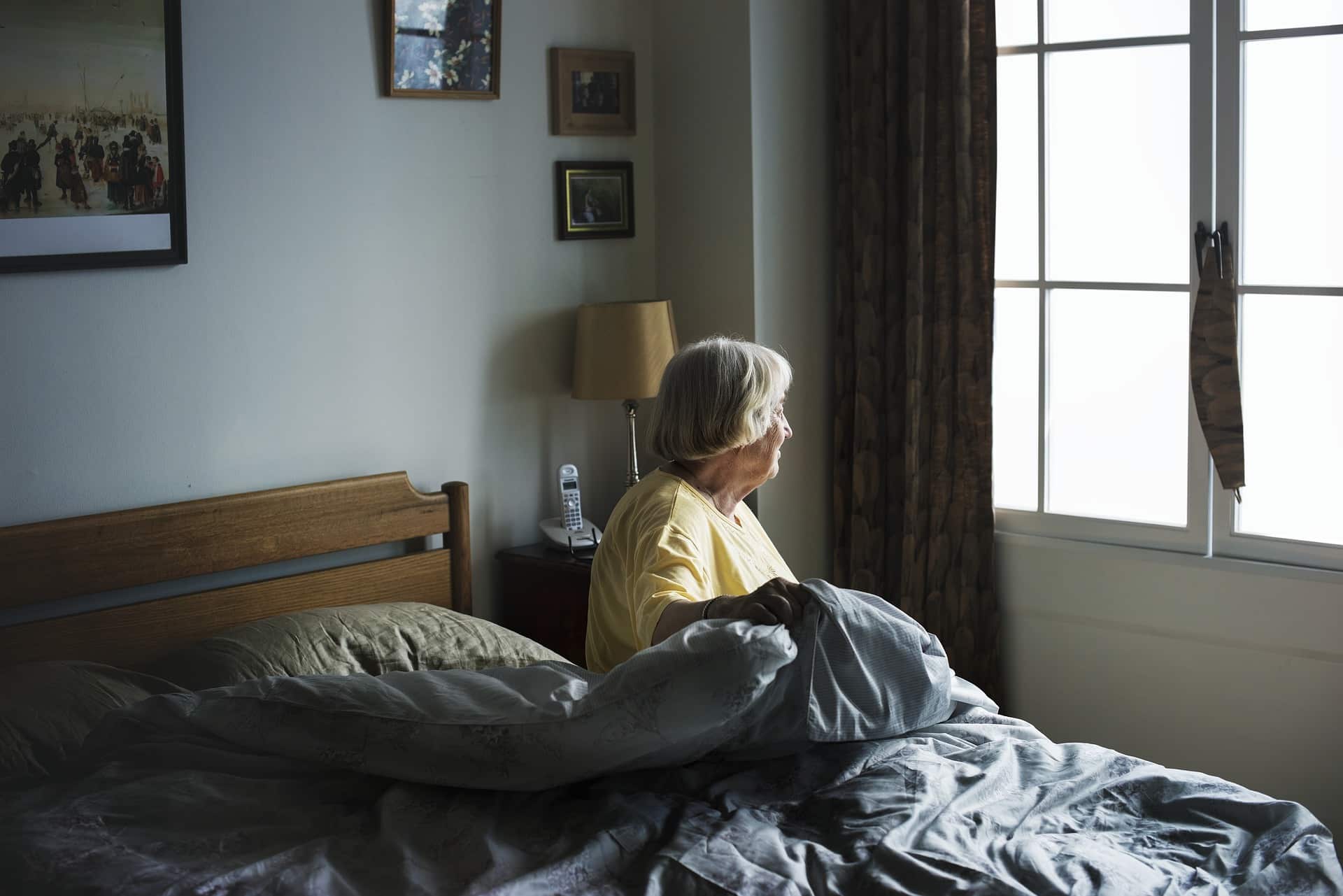Elements to Prove in a Nursing Home Abuse or Neglect Claim

Every nursing home abuse claim is unique, but in all such cases, three elements must be proven in order to recover compensation: liability, causation, and damages. Even if there are clear signs that your elderly loved one was mistreated, you will still have to prove that the mistreatment was a proximate cause of their injury or death, as well as the value of the damages incurred.
Read on for a detailed overview of the elements to prove to win a nursing home abuse or negligence claim:
-
Proving Liability
Liability is usually established in these cases by proving negligence or intentional wrongdoing. Negligence means one party (the defendant) breached the duty of care owed to another party (the plaintiff or decedent). Nursing home negligence takes many forms including:
- Failing to move the resident frequently enough, resulting in bedsores;
- Failing to provide water, food, or reasonable shelter;
- Preventing a resident from exercising, socializing, or going outside;
- Failing to provide reasonable hygienic assistance or healthcare;
- Failing to provide adequate security;
- Failing to ensure a sufficient number of caregivers are available; and
- Failing to employ adequate hiring and training procedures.
Examples of intentional torts in nursing homes include:
- Financial exploitation such as forging signatures to change a resident’s will or making withdrawals without the resident’s approval;
- Physically restraining a resident when it is unnecessary to do so;
- Hitting a resident to get them to comply with instructions; and
- Sexually abusing a resident.
-
Proving Causation
In nursing home abuse and neglect cases, it is especially common for disputes to arise over causation. This is because the vast majority of residents have a preexisting injury or illness. The defendant may, therefore, assert that you are trying to claim damages that would have been incurred even if the abuse or neglect did not happen. To overcome such a dispute, it must be shown that the damages being claimed would not have accrued but for the tort. Key evidence may include the victim’s medical records and the deposition of various medical experts.
-
Proving Damages
All successful nursing home abuse claims yield compensatory damages of some amount. These include economic damages (objectively verifiable losses) and non-economic damages (subjective effects of the tort). Punitive damages may also be available in cases that involve particularly egregious conduct such as physical or sexual abuse. Evidence of damages may include:
- Medical bills;
- The deposition of medical experts;
- Invoices and receipts for costs arising from the abuse or neglect; and
- Deposition from family members and other people who were close to the victim and witnessed the effects of the abuse or neglect.
Call (727) 821-1500 to Speak with a Nursing Home Abuse Attorney in St. Petersburg
If your loved one was abused or neglected in a nursing home, the attorneys at Emerson Straw are ready to help you fight for the justice and compensation your family deserves. We are available 24 hours a day, 7 days a week to take your call. For a free consultation, dial (727) 821-1500 or send us a message.
